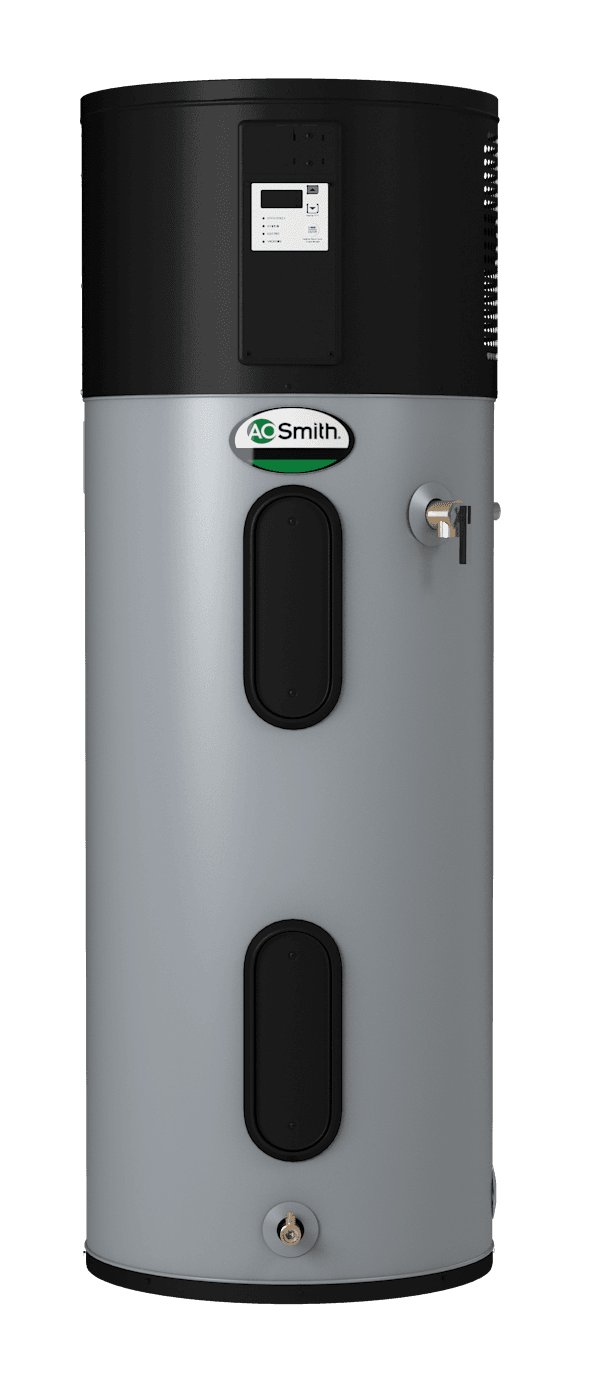How Heat Pump Water Heaters Can Transform Your Home's Energy Efficiency
Understanding Heat Pump Water Heaters
Heat pump water heaters (HPWHs) are an innovative solution for improving your home's energy efficiency. Unlike traditional water heaters that generate heat directly, HPWHs work by transferring heat from the air or ground to heat water. This method is significantly more energy-efficient and can lead to substantial savings on your energy bills.
HPWHs use electricity to move heat rather than generate it, making them two to three times more energy-efficient than conventional electric resistance water heaters. They can be installed in various locations within your home, including basements, garages, or utility rooms, making them a versatile option for many households.

Benefits of Heat Pump Water Heaters
Energy Savings
One of the most significant benefits of HPWHs is their potential for energy savings. By using ambient air or ground heat, these systems consume less electricity, which can result in lower utility bills. Over time, the savings can offset the initial investment cost, making HPWHs a cost-effective choice in the long run.
Environmental Impact
HPWHs are also environmentally friendly. Because they use less electricity, they reduce the demand on power plants, which in turn lowers greenhouse gas emissions. This makes HPWHs an excellent option for homeowners looking to reduce their carbon footprint and contribute to a more sustainable future.

Installation and Maintenance
Installation Considerations
Installing a heat pump water heater requires careful planning. It's essential to choose the right location, as HPWHs need sufficient space and airflow to operate efficiently. Additionally, the installation process should be carried out by a professional to ensure proper setup and optimal performance.
Maintenance Requirements
Maintenance for HPWHs is relatively straightforward. Regularly cleaning the air filter and ensuring proper airflow can help maintain efficiency. It's also important to check for any signs of wear or damage and address them promptly to avoid more significant issues down the line. With proper care, a HPWH can provide reliable service for many years.

Cost Considerations
While the initial cost of a heat pump water heater can be higher than traditional water heaters, the long-term savings on energy bills can make it a worthwhile investment. Additionally, many utility companies and government programs offer rebates and incentives for installing energy-efficient appliances, which can further reduce the overall cost.
It's important to weigh the upfront costs against the potential savings and environmental benefits when considering a HPWH. Consulting with a professional can help you determine the best option for your specific needs and budget.
Our Conclusion
Heat pump water heaters offer a compelling combination of energy efficiency, cost savings, and environmental benefits. By transferring heat instead of generating it, these systems can significantly reduce your home's energy consumption and utility bills. With proper installation and maintenance, a HPWH can be a valuable addition to any home, transforming your approach to energy use and contributing to a more sustainable future.